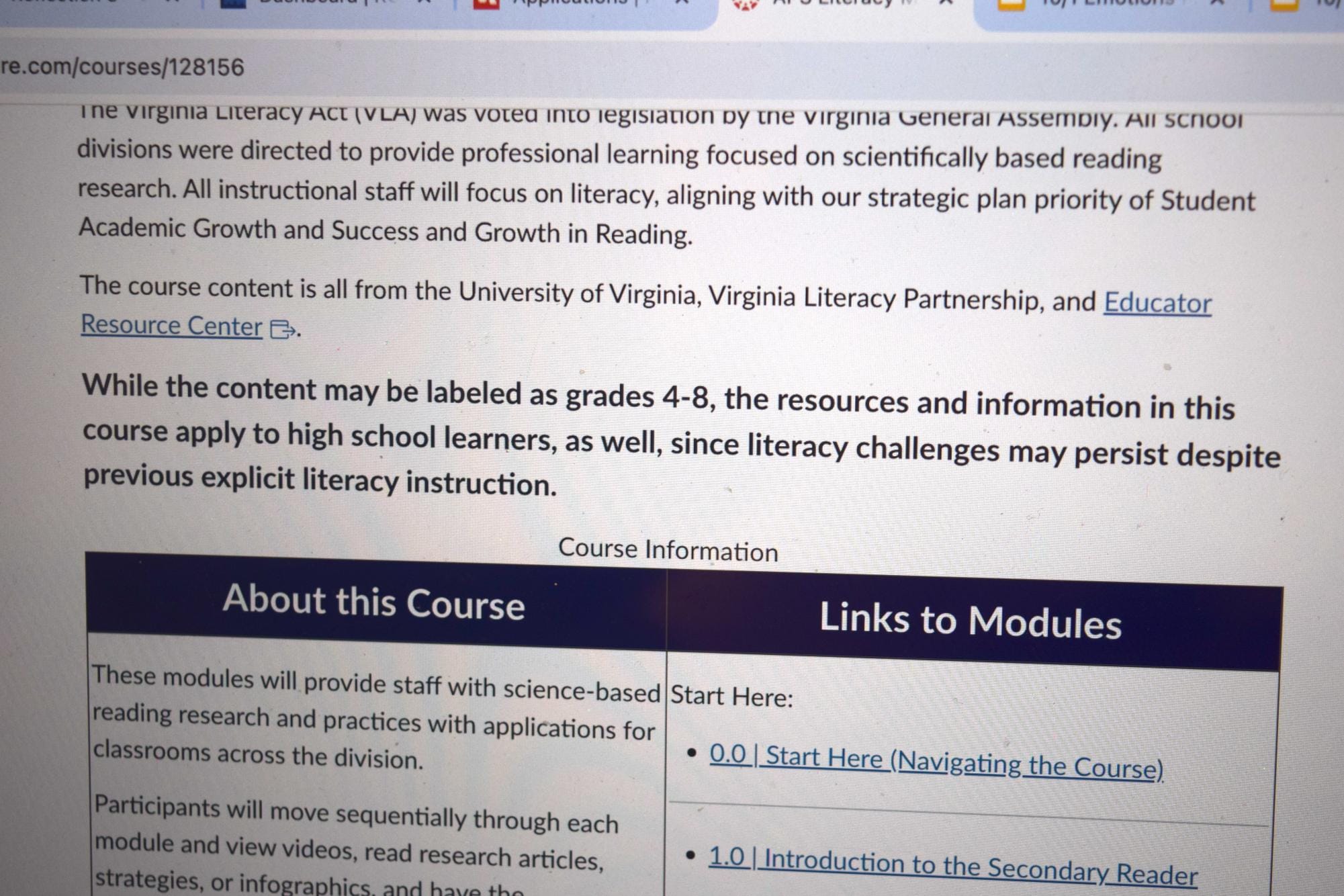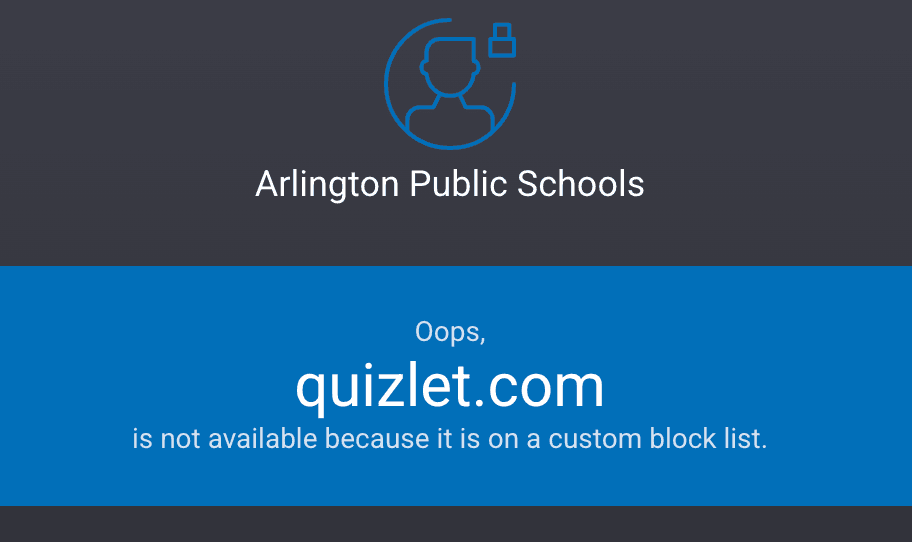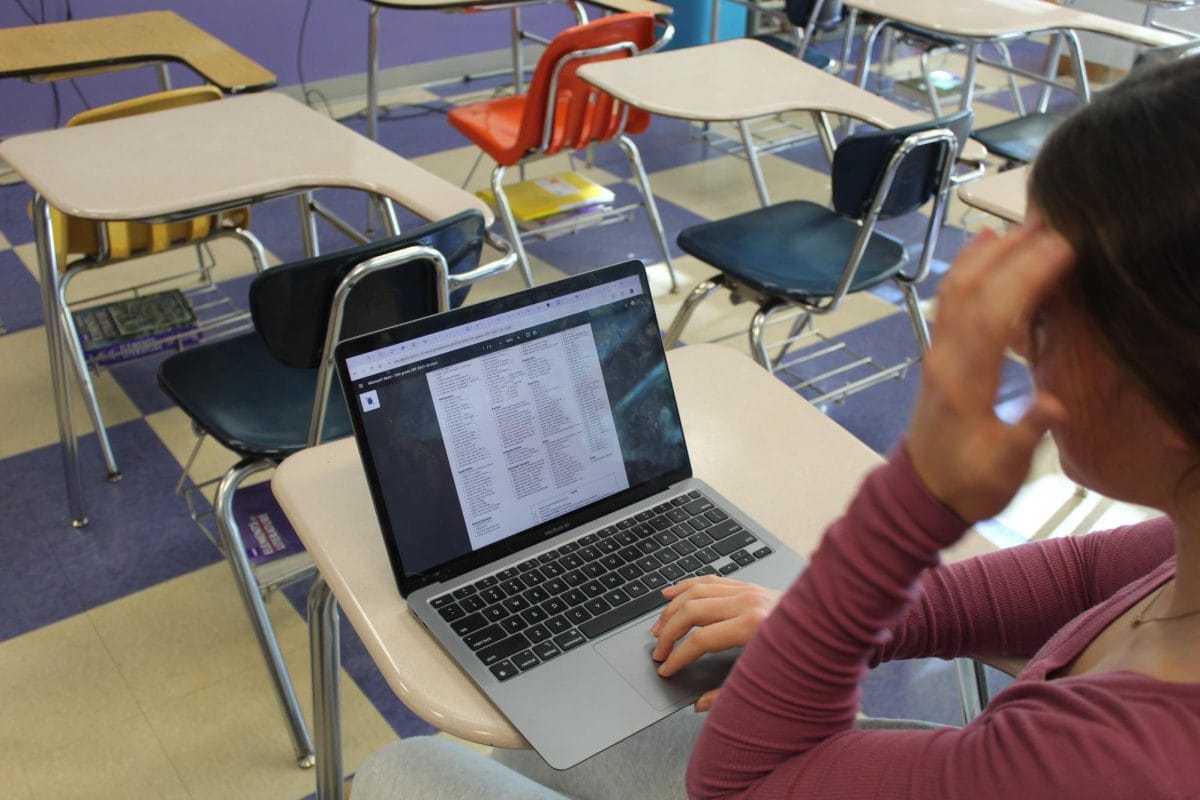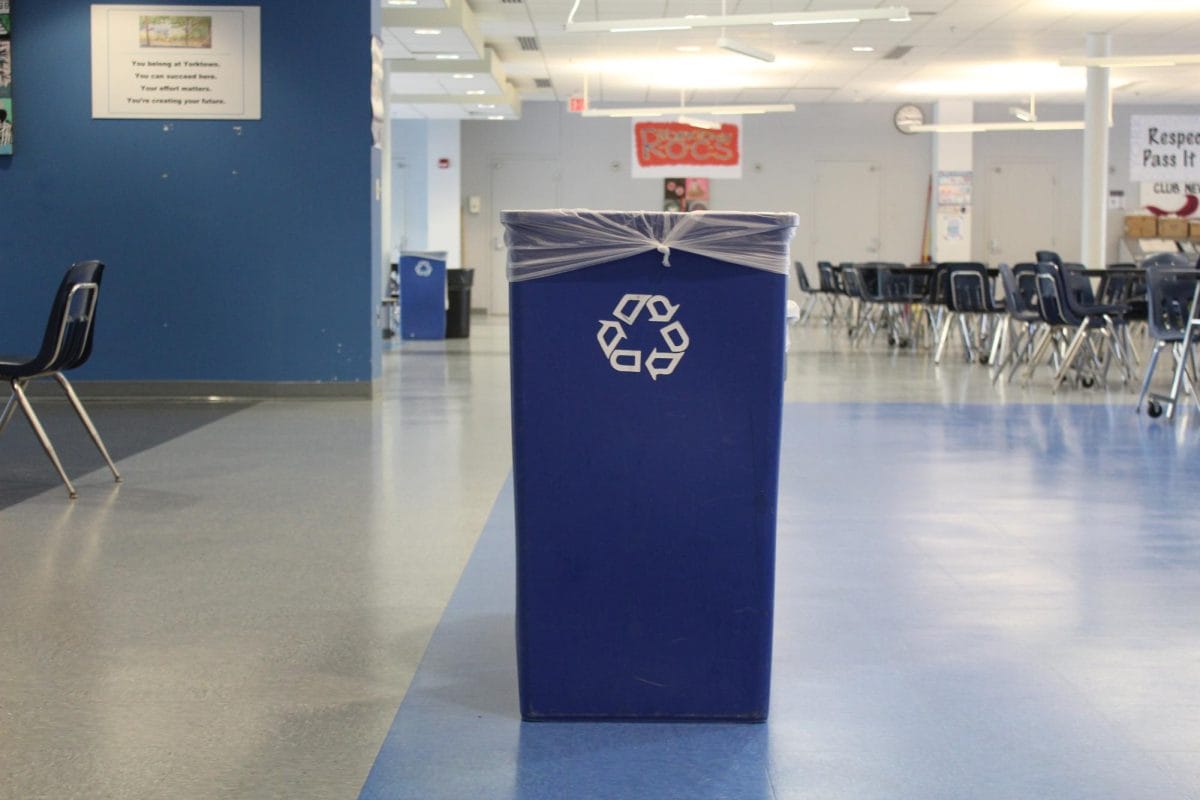Literacy is the foundation of education. Arlington Public Schools (APS) has recently been making an effort to emphasize literacy’s importance to teachers. This has led to the roll out of a new teacher training program focused on the basics of literacy. This program covers topics from middle, and even elementary, school levels, including basic reading techniques and phonetic exercises. The general feedback from teachers has been less than positive. Many claim that the training is redundant for teaching high school students, who, for the most part, already possess these skills.
“It felt like the most recent one about literacy wouldn’t apply to our AP European History classes…. I think 99 percent of our students in those AP classes already have that [literacy skills],” History teacher Hannah Jamison said.
It’s evident that teachers do not believe the new training is applicable to the classes they teach. The training is covering topics that students have already learned, wasting valuable time that teachers could be using for grading and planning.
In addition to the new training, APS is requiring all ninth and tenth grade students to take a baseline literacy test. The goal is to help teachers determine which of their students need extra help. However, many teachers feel the test is a waste of valuable class time.
“[The test] is supposed to give us data about what students can read. And it came across as very condescending,” History teacher Beau Obetts said.
Moreover, many teachers from our school feel that the test is an insult to their teaching ability, and believe the training is quite repetitive and does not apply to the grade level they teach.
“Over the last 26 years, I’ve tried to offer support to my students. I don’t need a test and data to tell me who needs extra help,” Obetts said.
This being said, the program is not all bad. There is a benefit for both new and returning teachers, providing interesting data on the abilities of their students.
“I feel like as a new teacher, as this is only my third year teaching [and first in APS], I find them helpful,” Jamison said.
The training sessions seem to have promise, but changes need to be made to ensure that they are applicable to the classroom. Because as they stand, they are lacking concrete suggestions on how teachers can improve their teaching to accommodate the students identified as needing extra support.
“I wish we could get a little more actual applicable things to be able to use in class or that would go hand in hand with our grade levels,” Jamison said.
While APS’s focus on literacy training aims to strengthen student learning, many teachers feel the current approach is not aligned with the needs of their classroom, particularly at the high school level that they teach. Many teachers believe the program would be more effective if they addressed the specific needs of educators and provide more practical strategies for supporting students without redundancy.















































